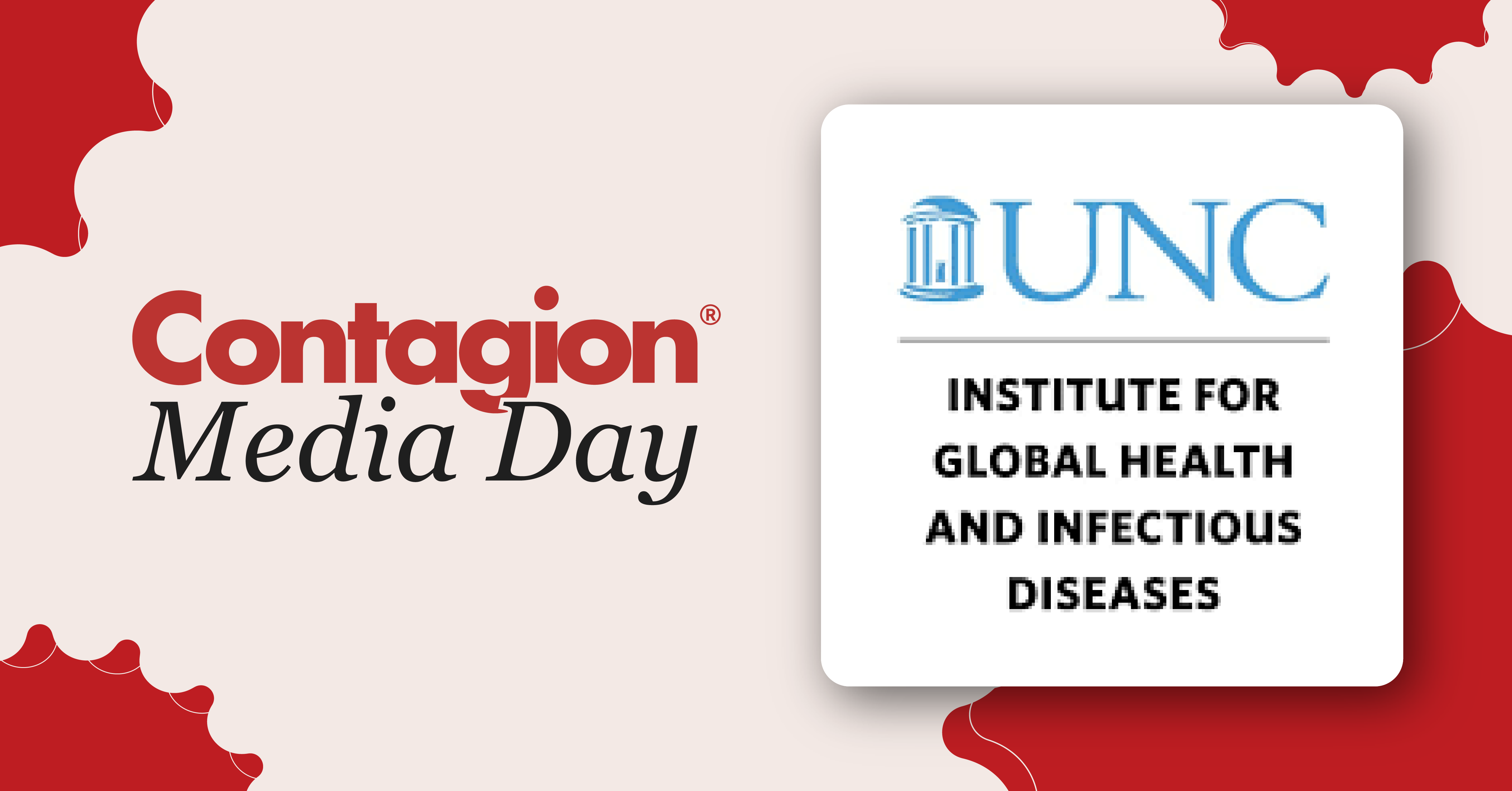Transporting Patients With High-Consequence Infectious Disease to Special Treatment Centers

UNC’s Benjamin Smith, MD, provides some insights into the logistics and steps behind these complicated and serious missions.
We are continuing our new series, Media Day, where we spotlight individual medical institutions and infectious disease (ID) programs. Today, we spotlight the University of North Carolina (UNC)’s Institute for Global Health and Infectious Diseases.
When the call comes in that a patient with a suspected high-consequence ID (HCID) needs to be transported, UNC’s Benjamin Smith, MD, is contacted. Smith is a board certified emergency medicine physician and the medical director for Carolina Air Care, which is a specialty transport program for UNC Health. Their fleet has multiple rotor-wing aircraft and ground ambulances.
In addition to Smith being contacted in such a scenario, leadership at the UNC Special Pathogens Response Center (SPARC) at UNC Hospitals is alerted. Whoever is on call at that moment, including
Within UNC’s hospital, they need to set up a biocontainment area, which likely involves moving some patients out of the space. Laboratory technicians set up a specialty laboratory so they can run tests for the patient.
And as with any important project, communication is key and members of the emergency department become involved.
"All the people who are involved in emergency management, emergency preparedness, and emergency response, they'll know what's going on,” Smith said. “They'll help coordinate. That includes our communications department, but it's really communicating within the hospital to the other people who are there working—but also the community at large—if needed. I imagine this would be something that would probably make the news, and so [it's about] making sure that our community understands that we're here to keep them safe.”
“Behind the scenes, we'll start coordinating logistics of what providers [are involved], and nurses will be at the bedside to care for the patient when that initial phone call comes in,” Smith said. “We also have flight watch, which is our communication center for air care. Air care will also be looped in to start coordinating logistics of moving the patient.”
If it is a ground transport, Smith’s role is to go with a crew in a chase vehicle, providing support and oversight to the team during the transports. He will have personal protective equipment (PPE) just in case he needs to administer clinical care at the bedside.
Ultimately, UNC’s teams have the training and on-the-ground experience to handle such serious situations.
For example, earlier this summer, UNC's SPARC team conducted
Smith participated in this exercise with not only a mannequin patient but actors as well. "We did like we do in real life, where we would activate our receiving area, activate our team air care, get our ambulance ready, and so we went and met the patient out at RDU [Raleigh-Durham International Airport] on the tarmac to transfer the patient from the back of the aircraft to our ambulance,” Smith said. “In this case, [we] also transitioned them from the transport ventilator to our transport ventilator, transported their drips to our drips, packaged the patient in our ambulance, and then took them back over here to UNC and did that patient handoff.”
“We can really take any patient with any illness from wherever, and we bring the expertise of UNC out to that patient, whether it's at a referring hospital or on the side of the road,” Smith said.
In the next episode, Joseph Eron, MD, discusses UNC’s clinical trial research, including the PURPOSE study.
Reference
1. Tranquil Passport: testing the nation’s special pathogen readiness ahead of the FIFA World Cup. National Emerging Pathogens Training and Education Center. July 2, 2025. Accessed August 26, 2025. https://netec.org/2025/07/02/tranquil-passport-testing-the-nations-special-pathogen-readiness-ahead-of-the-fifa-world-cup/
Newsletter
Stay ahead of emerging infectious disease threats with expert insights and breaking research. Subscribe now to get updates delivered straight to your inbox.




































































































































